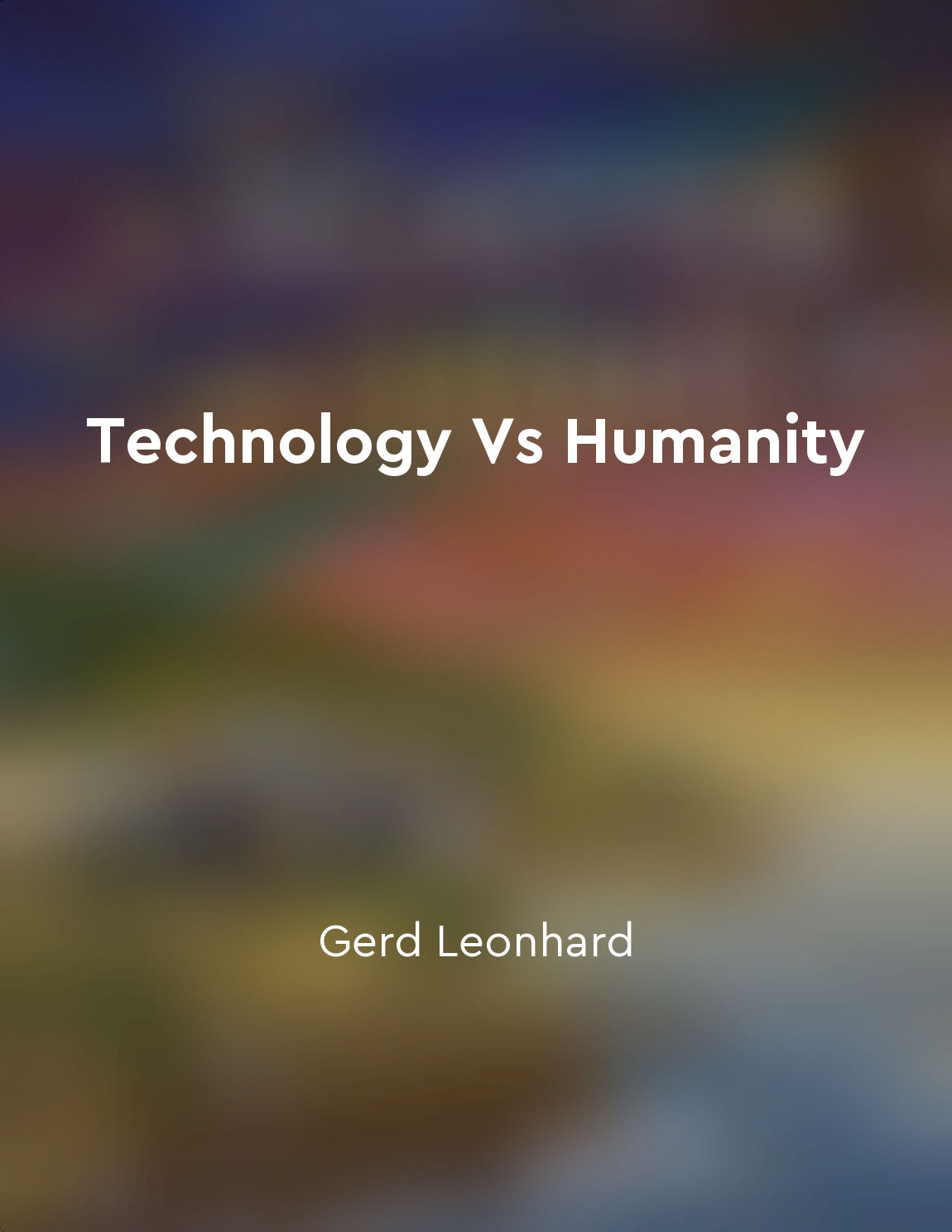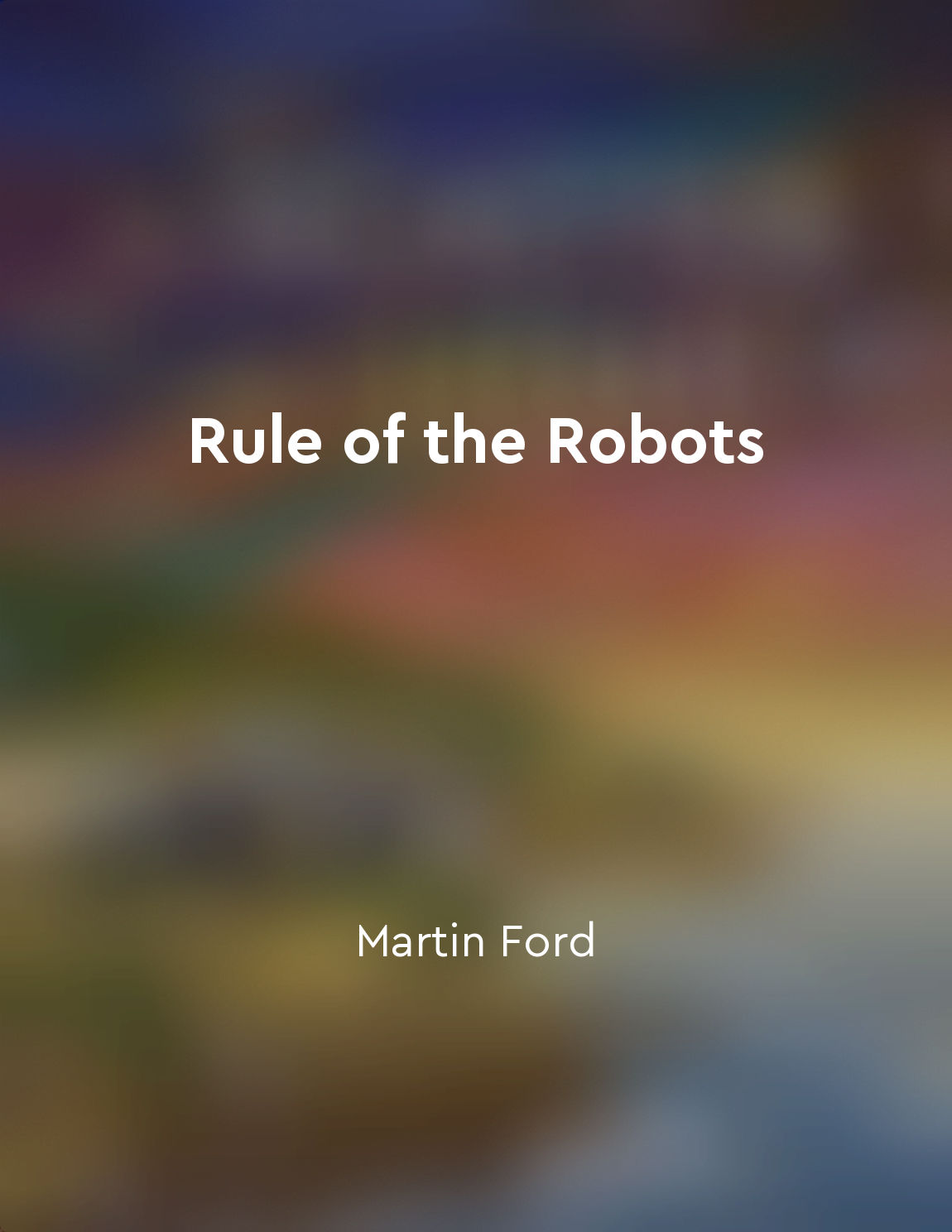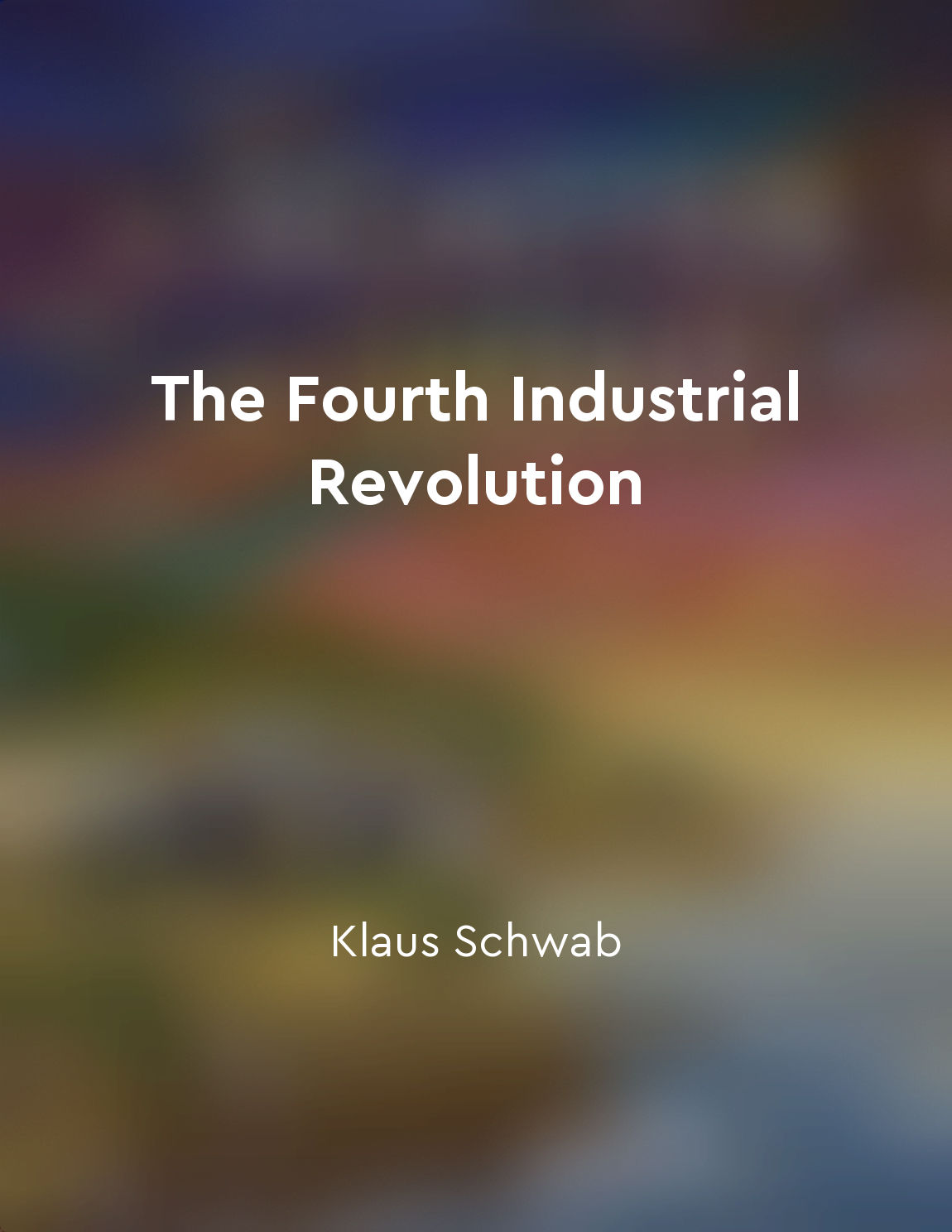The sharing economy is on the rise from "summary" of The Industries of the Future by Alec Ross
In today's rapidly evolving global landscape, we are witnessing a significant shift towards a new economic model known as the sharing economy. This phenomenon is characterized by the utilization of technology to facilitate the sharing of resources, such as goods, services, and even accommodations, among individuals and communities. The sharing economy is fundamentally changing the way we think about ownership and consumption, as well as how we interact with one another in a hyper-connected world. One key driver of the sharing economy is the rise of digital platforms that enable peer-to-peer transactions on a massive scale. These platforms, such as Airbnb and Uber, have revolutionized industries that were once dominated by traditional brick-and-mortar businesses. By connecting individuals directly with one another, these platforms are democratizing access to goods and services, while also creating new opportunities for entrepreneurship and innovation. The sharing economy is not only reshaping traditional industries, but also challenging existing regulatory frameworks and business models. As more and more people participate in collaborative consumption, policymakers and businesses alike are grappling with the implications of this new economic paradigm. Questions of accountability, liability, and trust are becoming increasingly complex in a world where transactions are mediated by algorithms and ratings systems. Despite these challenges, the sharing economy shows no signs of slowing down. In fact, the continued proliferation of digital platforms and the growing demand for flexible, on-demand services suggest that this trend is only going to accelerate in the coming years. As individuals seek out more sustainable and cost-effective ways of living and working, the sharing economy offers a compelling alternative to traditional modes of production and consumption.- The rise of the sharing economy represents a profound transformation in how we organize economic activity and interact with one another. By harnessing the power of technology to facilitate collaboration and resource-sharing, we are ushering in a new era of innovation and connectivity. The sharing economy is not just a passing fad, but a fundamental shift towards a more sustainable and inclusive economic future.
Similar Posts

Embrace technology with caution and awareness
As we hurtle ever faster into a future dominated by technology, it is crucial that we proceed with caution and awareness. The r...
Workers must be prepared for fluctuations in income
As gig workers, our income is not fixed and stable. It can fluctuate from month to month or even week to week. This can be a ch...

The pace of technological change is accelerating, requiring quick adaptation
The rapid advancement of technology is reshaping the world around us at an ever-increasing rate. As new innovations emerge, ind...
Exploring new forms of governance
The centralized nation-state has become less important in the digital age. Individuals now have the ability to choose where the...
Commercial interests threaten autonomy
The ability to act independently, free from external control, is a fundamental aspect of human autonomy. However, in today's di...

Inclusivity is essential to ensure that the benefits of the Fourth Industrial Revolution are shared equitably
The Fourth Industrial Revolution represents a significant shift in the way we live, work, and interact with one another. It is ...
Information wants to be free
The idea that information wants to be free is not a new one. It has been around for decades, championed by many in the tech ind...
Renewable energy is the future
Renewable energy is the future. This is not just a catchy slogan; it is a reality that is already transforming the way we power...

